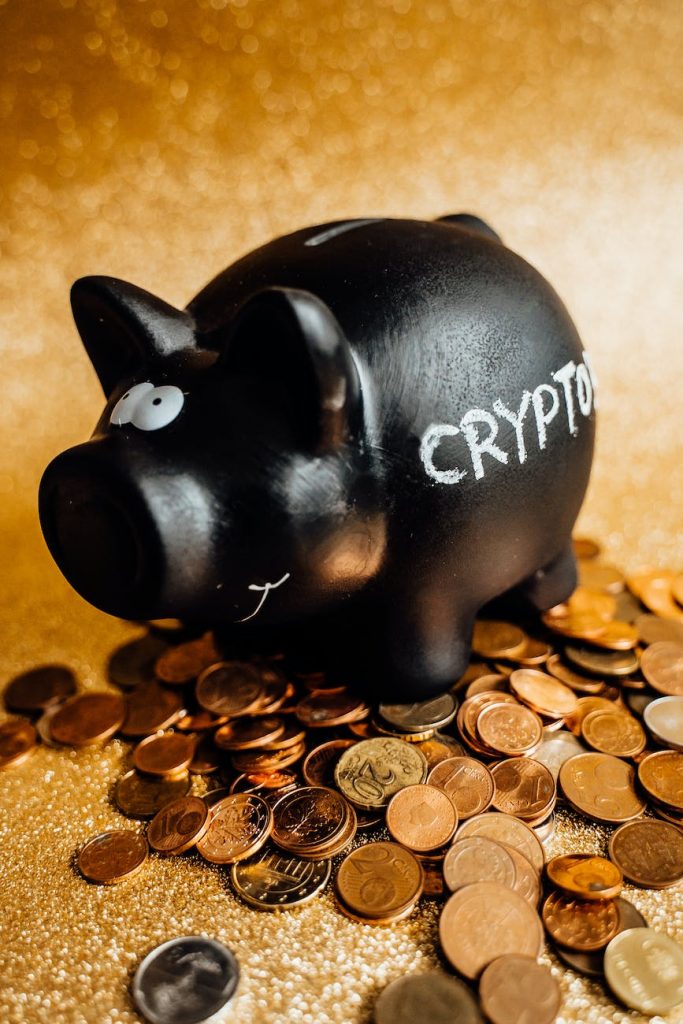Robin Khokhar
Robin Khokhar is an SEO specialist who mostly writes on SEO. Thus sharing tips and tricks related to SEO, WordPress, blogging, and digital marketing, and related topics.
Digital wallets are used to store digital coins. This is the name of specialized software that is designed to protect assets from...

Image Credits: pexels
Digital wallets are used to store digital coins. This is the name of specialized software that is designed to protect assets from cyber attacks. Such software is available in different versions: as mobile applications, desktop programs, services on specialized services or pre-installed on a compact physical medium.
Of course, if you plan to continue active trading after the XMR to ETH swap, you can store coins on the exchange for a while. However, more significant amounts are best kept offline.
Historically, software wallets were the first. They work on desktop and mobile devices and provide the user with the ability to manage their accounts. These programs are considered more vulnerable compared to hardware devices but still have enough protection features.
Atomic Wallet supports over 300 currencies and tokens. Users can use the program for Windows, macOS, and Linux, as well as the mobile app for iOS and Android.
To keep track of current prices for cryptocurrencies, a monitoring section is provided, which displays current rates and graphs of price changes for the week. Developers do not collect users’ personal data, and a 12-word seed code is used to restore access. Atomic Wallet also has the ability to generate passive annual income through staking while holding funds in various coins.
MyEtherWallet, or MEW, is one of the most popular and trusted services for working with the Ethereum blockchain. With it, users can receive and send funds to their accounts, exchange currencies, and receive passive income through staking.
When opening a new account, all processes are performed locally. Private keys and passwords are stored only on users’ devices. For added security, MEW can be linked to hardware wallets and kept cold. The service is available through mobile applications for iOS and Android, as well as an extension for Google Chrome.
This crypto wallet is part of the Binance ecosystem but is also compatible with a wide range of other currencies. For security, two-factor authentication, Google authorization, and verification by SMS or email are available. Most Trust Wallet funds are stored on cold storage servers, making it difficult to steal funds.
No fees are charged for using the wallet and currency exchange. However, fees may apply to transactions on blockchain networks. Through Trust Wallet, it is also possible to exchange cryptocurrencies, and this does not require withdrawing them to third-party platforms. The Wallet Connect feature allows you to link your wallet to integrated sites and quickly log in to accounts or confirm transactions.
Trust Wallet has the ability to buy cryptocurrencies. The option is currently available through MoonPay and Simplex services. However, you can also purchase cryptocurrency on any online crypto exchange and withdraw coins to your wallet.
The service is available only through mobile applications for Android and iOS. On a desktop device, it only works as a browser extension.
Jaxx Liberty supports dozens of popular cryptocurrencies including Bitcoin, Ethereum, Litecoin, Dogecoin, and more. The wallet is available on Android, iOS, macOS, Windows, Linux and Google Chrome. All private data is stored locally on the user’s device.
In the application, you can receive and send funds, view transaction history, and exchange currency. Jaxx Liberty also offers to track and compare changes in the value of popular coins over various time periods – from an hour to a month. In addition, the application has a section with trends and the latest news of the crypto industry.
The Exodus multi-currency wallet is available as a browser extension, desktop and mobile apps. It has a user-friendly interface and is suitable for both beginners and experienced users. The wallet supports hundreds of cryptocurrencies and allows you to not only store but also buy, sell, and exchange funds. Exodus can be paired with a Trezor hardware device to help secure significant amounts of cryptocurrency.
Suggested:
The Evolution of Cryptocurrency: What to Expect in 2023?